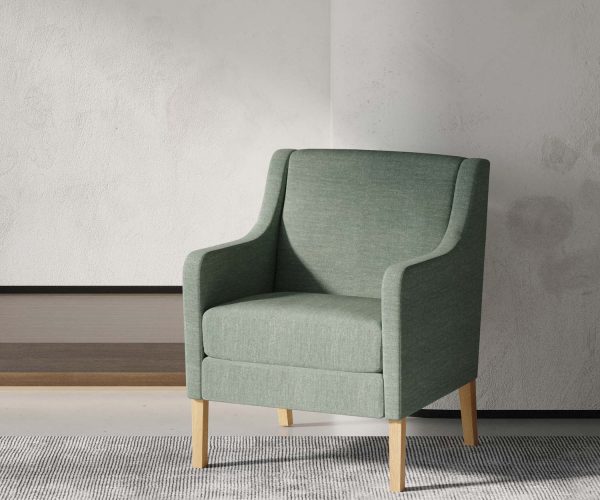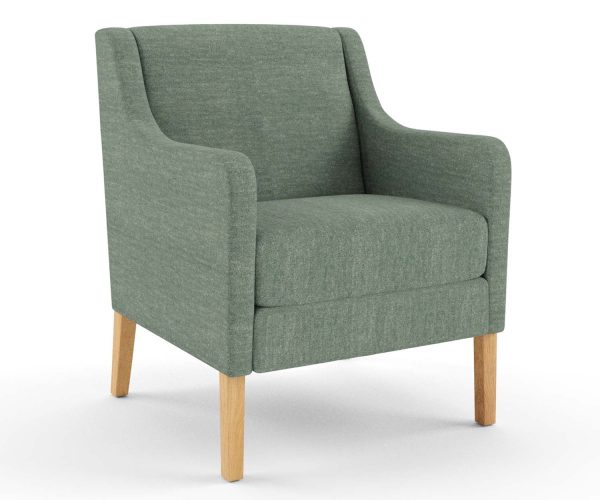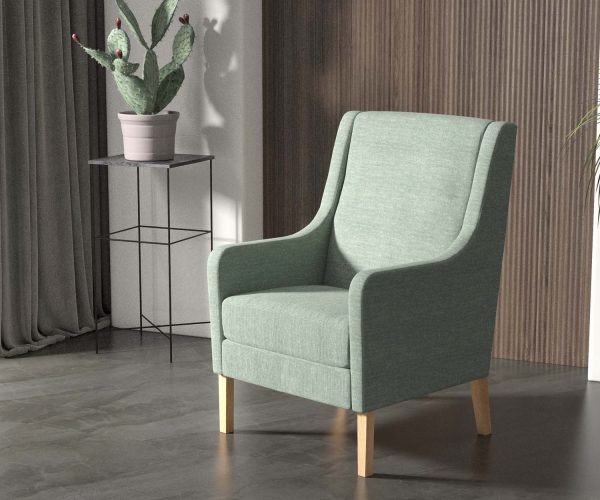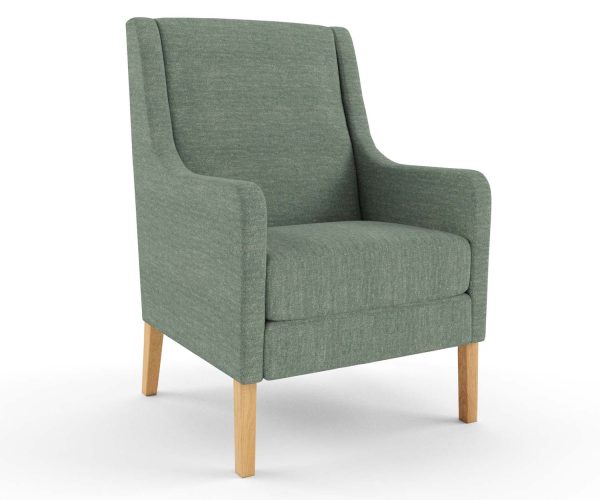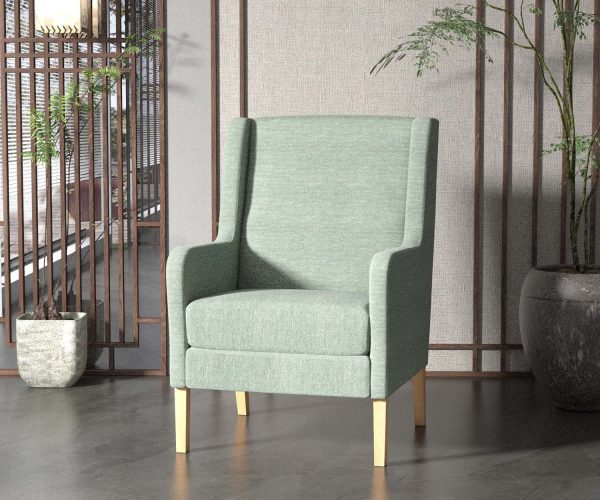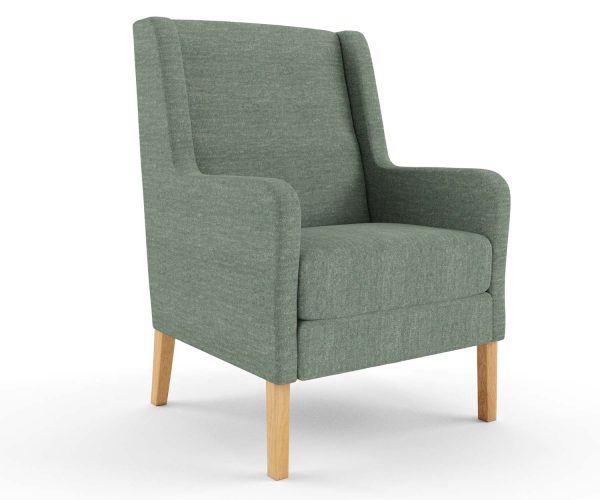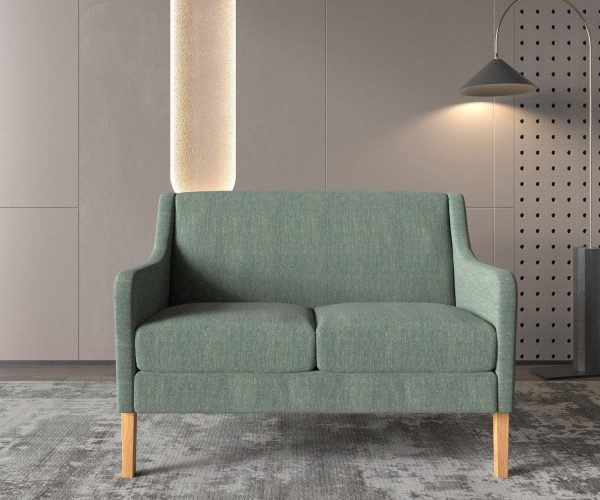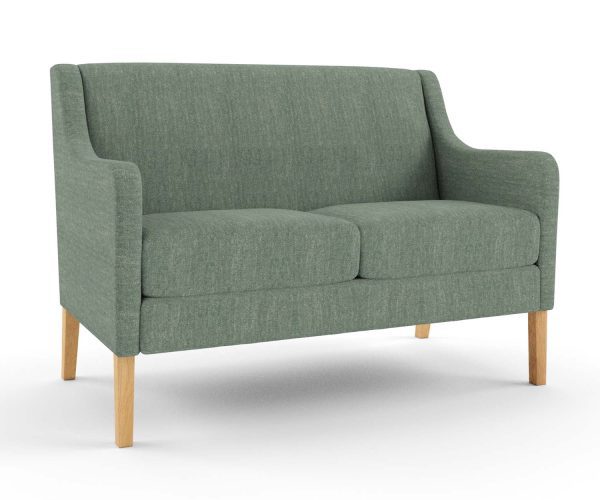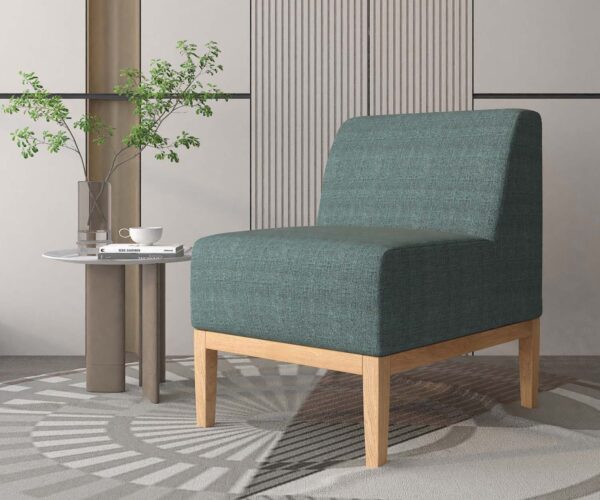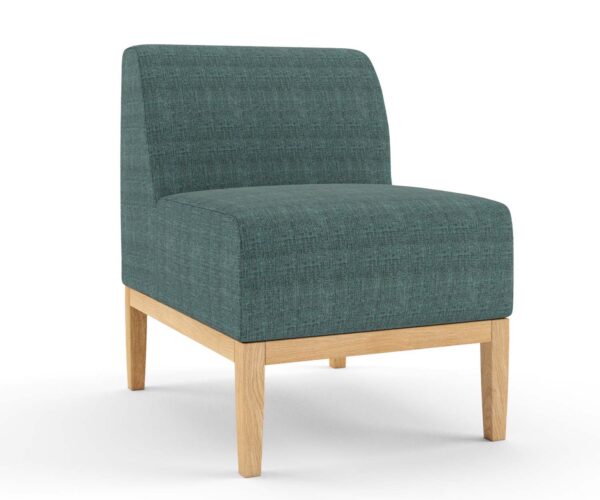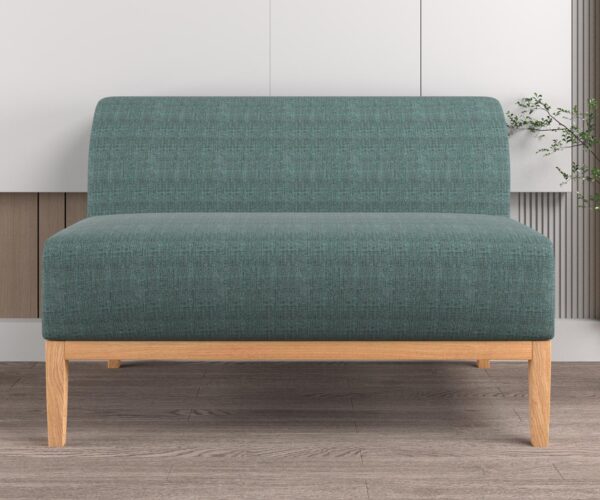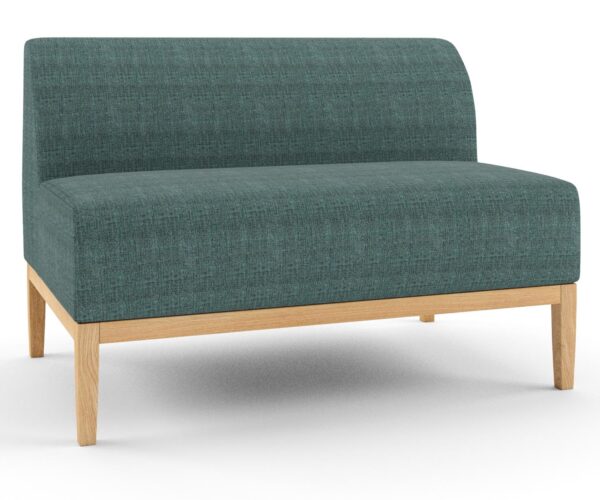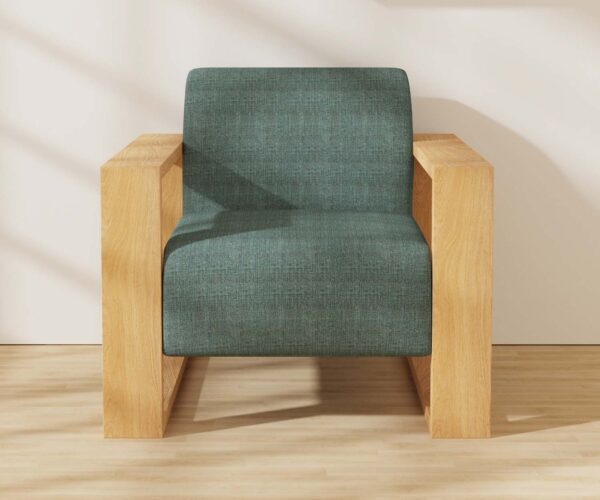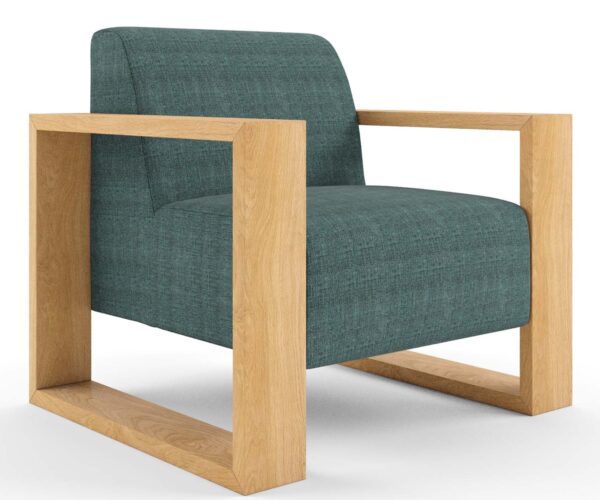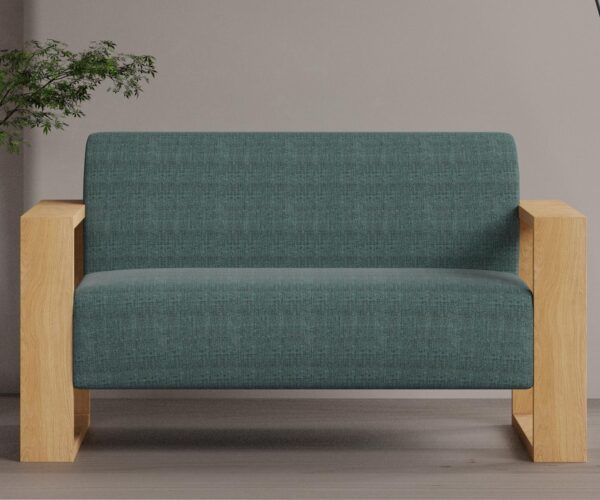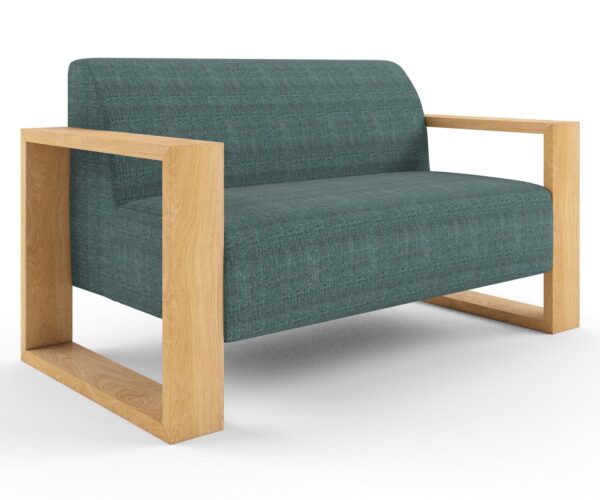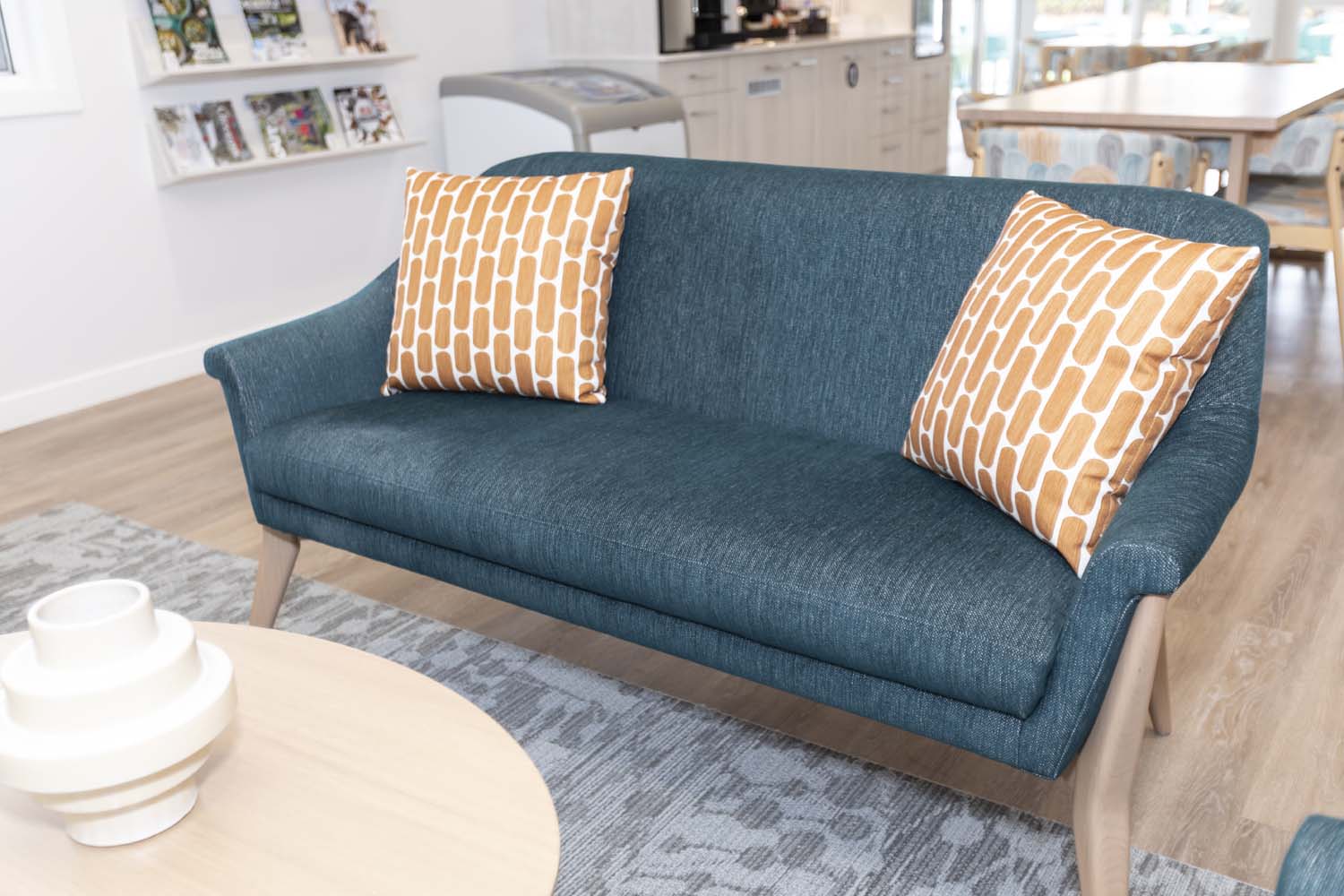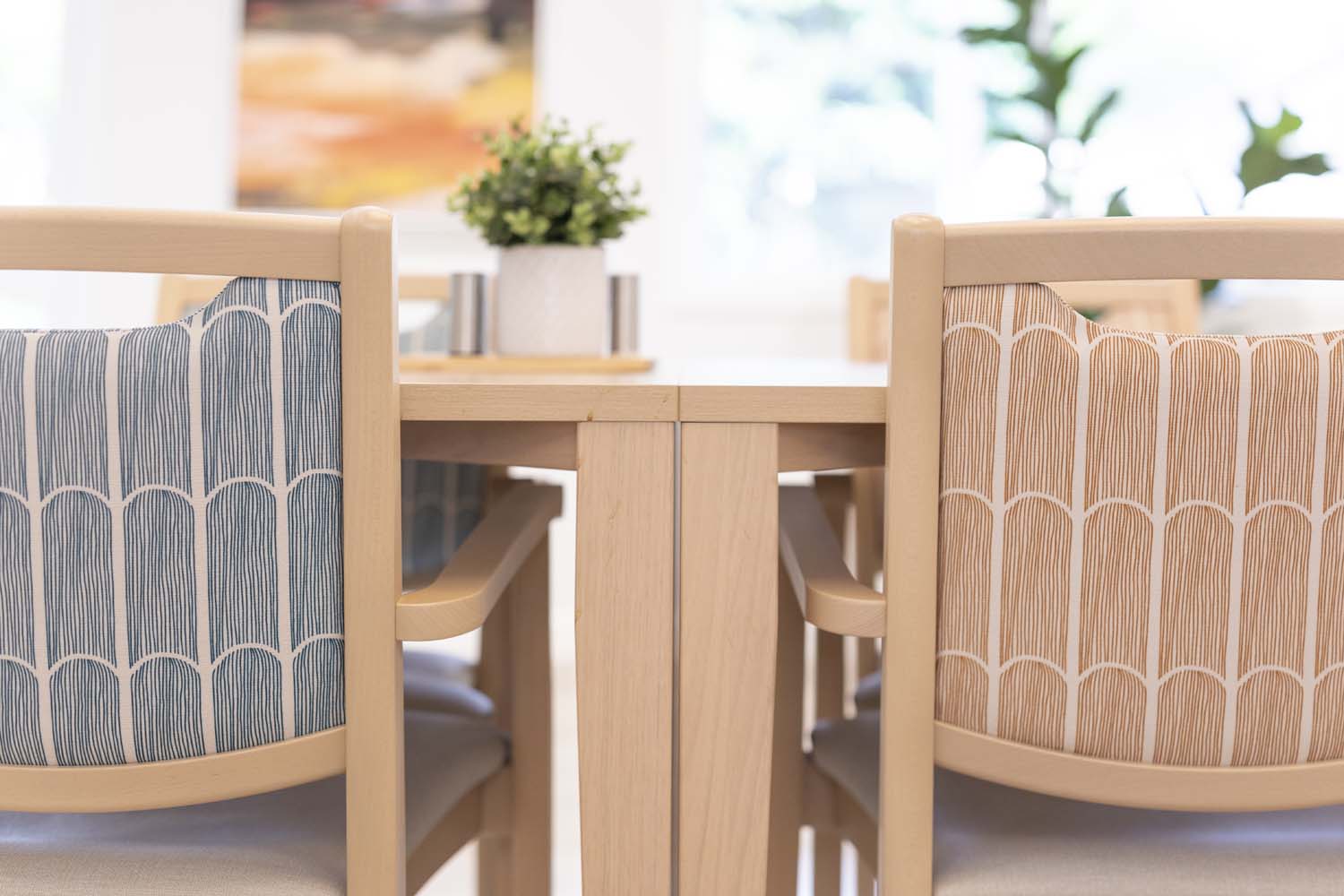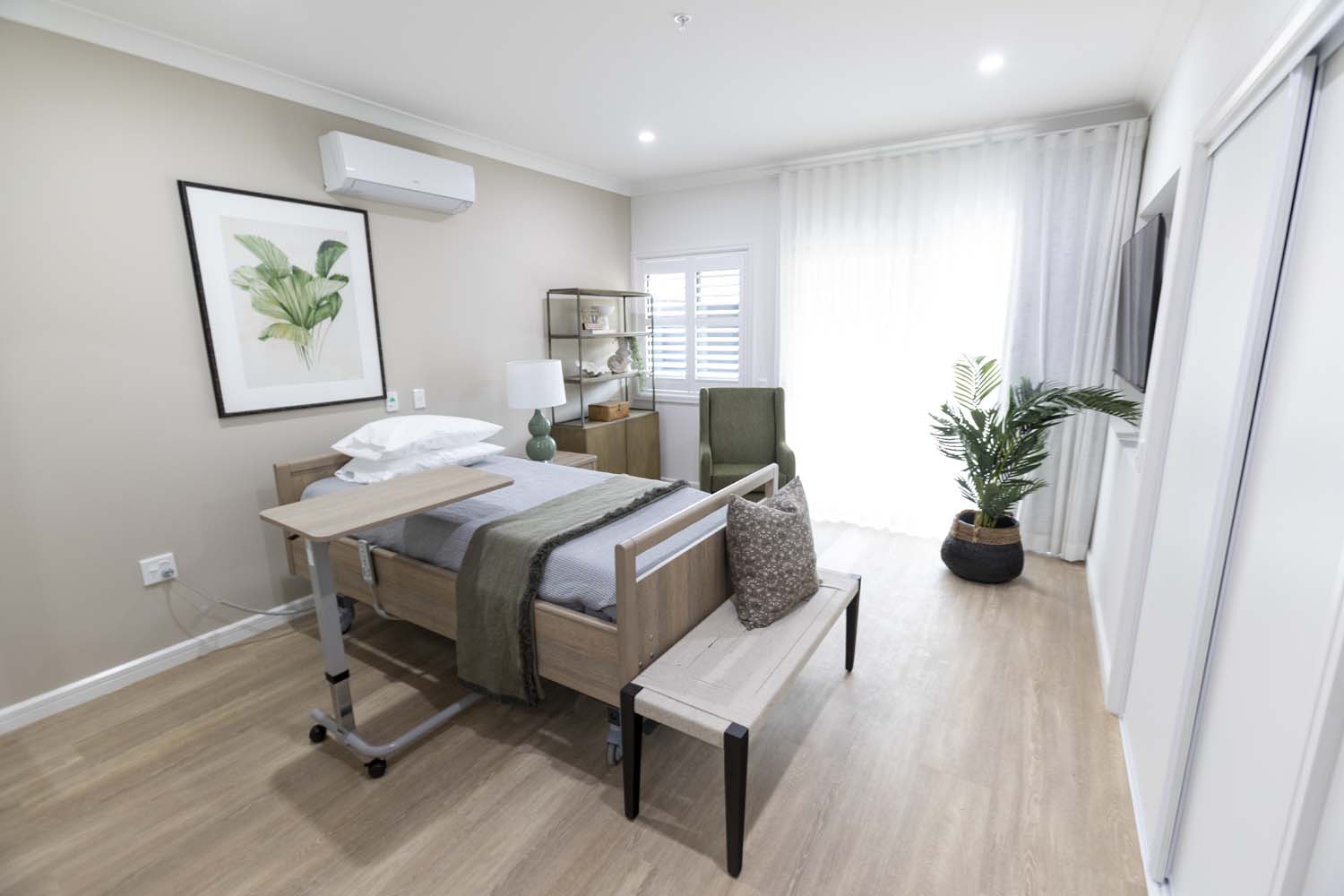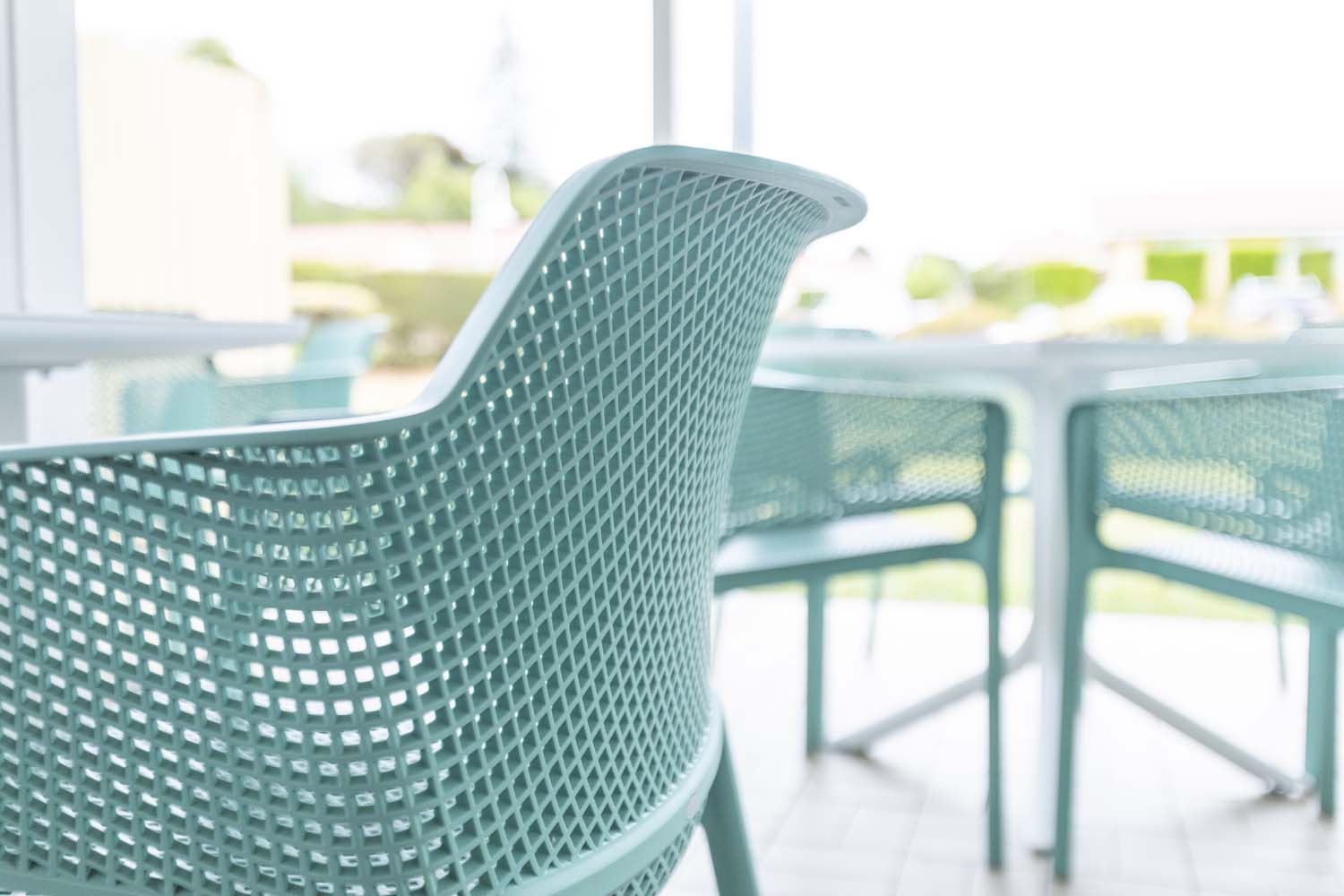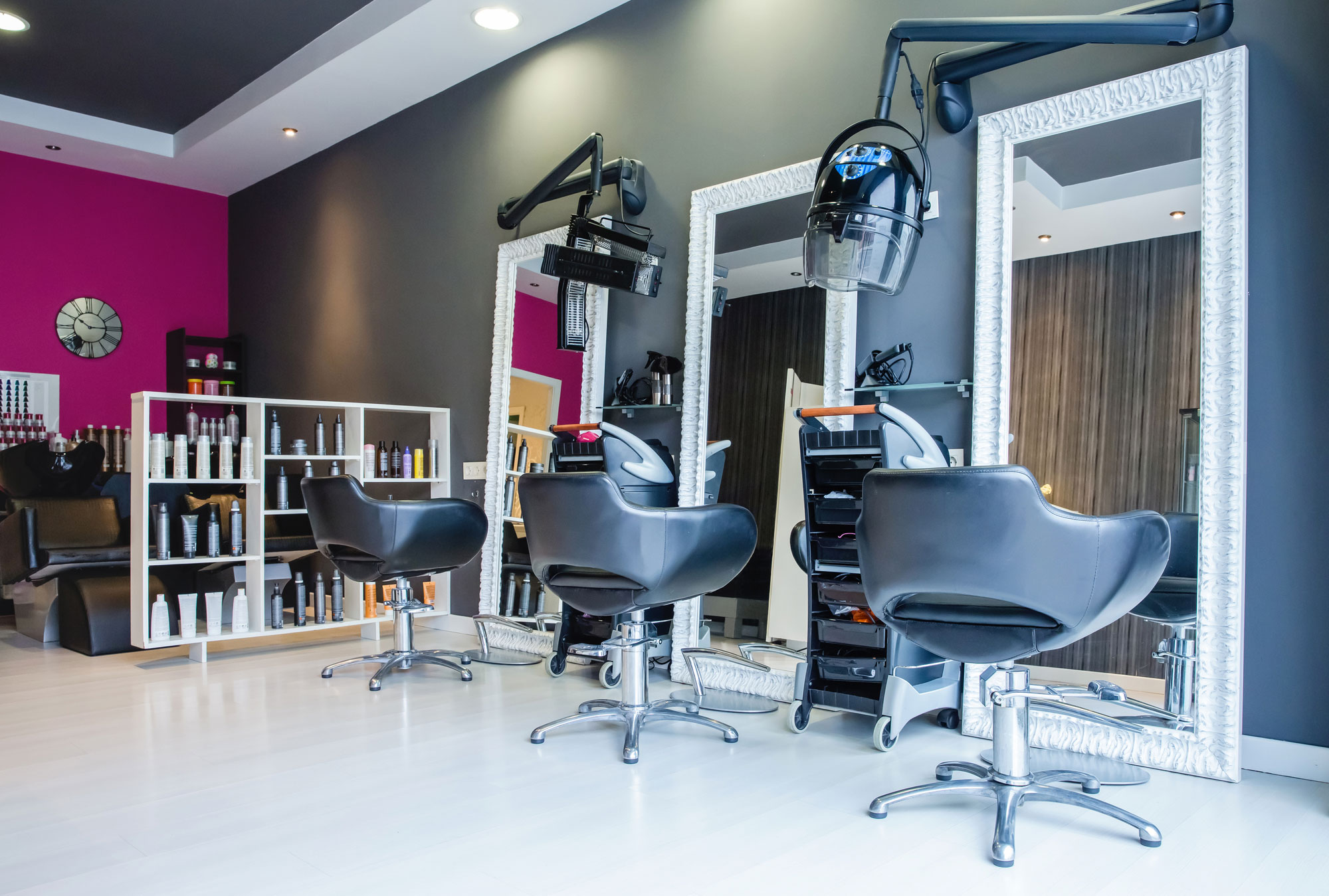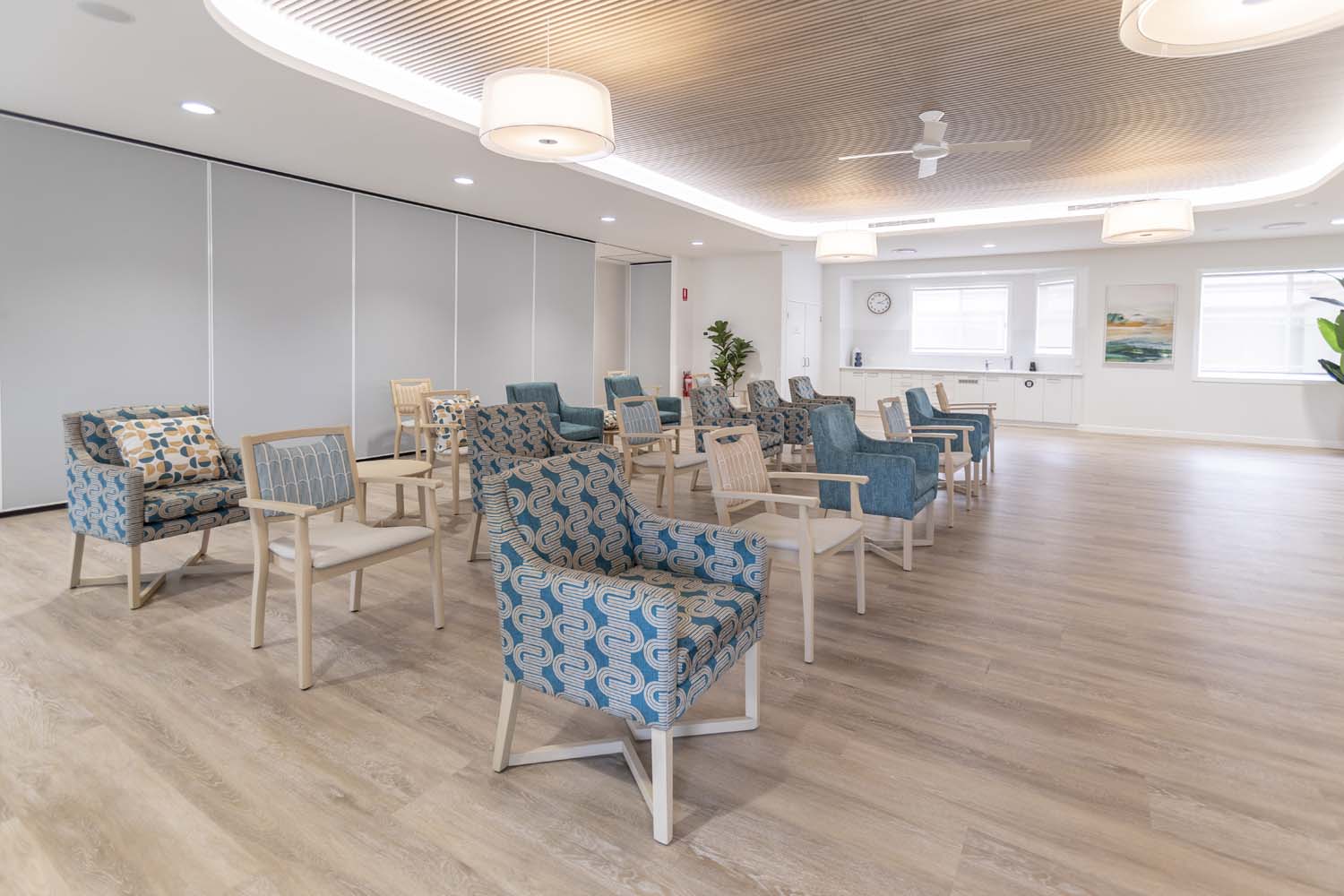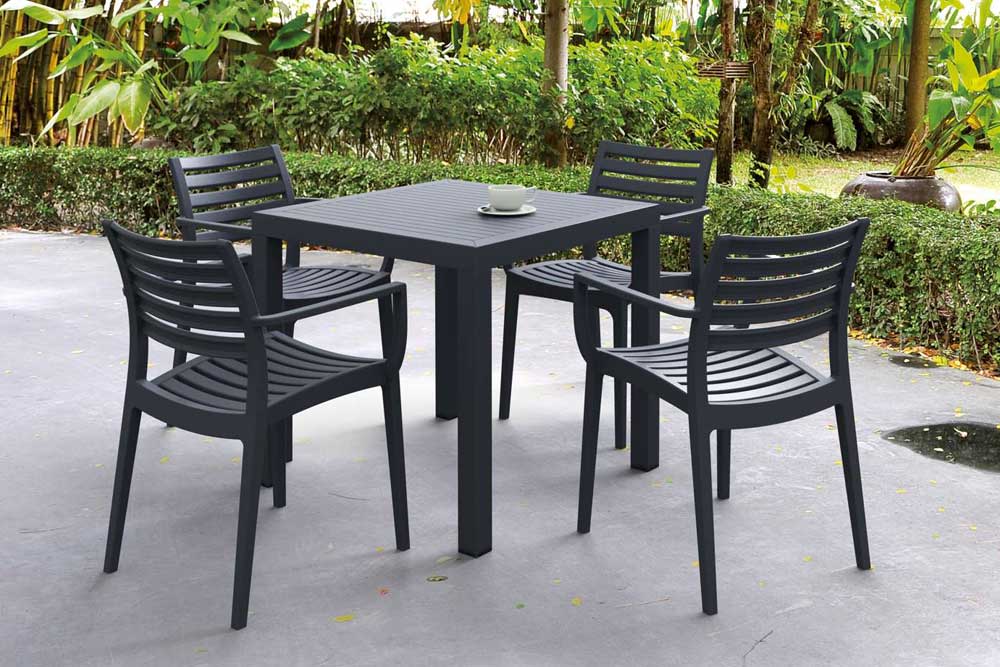A Comprehensive Checklist for Aged Care Facility Furniture Decisions

Aged care facility managers play a pivotal role in creating a comfortable and supportive environment for elderly residents. One of the critical aspects of achieving this goal is making well-informed furniture decisions. These choices not only contribute to the aesthetics of the facility but also impact the overall well-being and quality of life for residents.
To help guide you through this process, we’ve crafted an engaging checklist that highlights the essential furniture decisions every aged care facility manager should consider.
Comfort is Key
Selecting furniture for aged care residents is not as easy as it might sound. It is important to consider the comfort of the residents above everything else. Some elderly people may have medical conditions that make sitting in a chair or on a couch uncomfortable. Therefore, furniture must be chosen with extra care and attention to detail. The right kind of furniture provides comfort and support to the seniors, relieving them from physical and emotional discomfort. Comfortable furniture promotes relaxation and may even improve the residents’ sleeping patterns. Properly selected furniture can also help reduce the risk of injuries, falls and other accidents, making it an essential part of any aged care facility. Choosing the right furniture for aged care residents is a crucial decision that must not be taken lightly.
- Opt for ergonomic chairs and sofas that offer ample support and comfort, promoting proper posture.
- Choose adjustable beds that allow residents to find their most comfortable sleeping position.
- Prioritize soft and supportive mattresses to ensure a restful night’s sleep.
Safety First
When it comes to selecting furniture for aged care facilities, it is crucial to prioritize safety. Furniture that is not designed with the specific needs of aged care residents in mind can pose several hazards like slips, falls, and strains. The use of appropriate furniture can significantly enhance both the comfort and safety of elderly residents, improving their quality of life. Therefore, it is essential to emphasize safety first while selecting furniture for aged care residents.
- Select furniture with sturdy construction and stability to prevent accidents and falls.
- Avoid sharp edges, protruding parts, and rough surfaces that could pose potential risks.
- Look for non-slip materials to minimize the chances of slips and falls.
Durability and Maintenance
Durability and maintenance are two incredibly important factors to consider when selecting furniture for aged care residents. As seniors often spend a lot of time sitting or lying down, their furniture needs to be able to withstand a lot of wear and tear without deteriorating quickly. Additionally, maintenance is vital to ensure the furniture remains safe and hygienic for residents to use. By investing in durable, easy-to-maintain furniture, you can be sure that it will provide a safe and comfortable environment for your aged care residents for many years to come.
- Choose furniture made from durable materials that can withstand daily use and cleaning.
- Opt for upholstery and finishes that are easy to clean and sanitize to maintain a hygienic environment.
Multi-Functional Solutions
Furniture selection can be a daunting task, especially when it comes to aged care facilities. Multi-functional solutions offer a practical and efficient alternative for such settings. These pieces of furniture are designed with versatility in mind and are catered towards the specific needs of elderly residents. They serve multiple purposes, allowing for more space and easier mobility within the facility. For instance, recliners can be transformed into comfortable beds and tables can be adjusted to accommodate wheelchairs. Such furniture not only saves time and money but also promotes independence for the residents. Furthermore, the multi-functional aspect also contributes to a warm and inviting ambiance, creating a comfortable and homely atmosphere for all.
- Consider furniture with multiple purposes, such as chairs that double as commodes or beds with storage space underneath.
- Maximize space efficiency by selecting items that offer more than one function.
Create a Homely Ambiance
When it comes to choosing furniture for aged care residents, creating a homely ambiance is key. It’s important to select pieces that promote a comfortable and warm atmosphere that will make residents feel at ease. Opt for furniture that exudes a sense of familiarity, such as chairs that offer ample support, tables that are easy to reach, and décor that reminds them of home. Soft furnishings like cushions, throws, and blankets can also help residents feel more at home. Additionally, consider using warm lighting to set the mood and create a cozy atmosphere. By taking the time to carefully select furniture and décor that fosters a homely ambiance, you can help ensure that aged care residents feel comfortable and happy in their new environment.
- Move away from the institutional feel by selecting furniture with warm colors, textures, and inviting designs.
- Incorporate décor elements that create a homely atmosphere, making residents feel more comfortable and at ease.
Foster Social Interaction
Fostering social interaction is vital in any setting, but it is even more important when it comes to aged care residents. One way to encourage socialization is through the selection of appropriate furniture. The right furniture can create a comfortable and inviting environment that encourages residents to interact with each other. Chairs and sofas with high backs and deep seats can create a cozy atmosphere that allows seniors to spend time together, while also providing the necessary support they need. Tables of varying sizes and shapes can be placed in common areas to create welcoming spaces where seniors can gather to play games or have conversations. It’s important to keep in mind that the furniture should be easy to maneuver and accessible for those with mobility issues. By thoughtfully selecting furniture that promotes social interaction, aged care facilities can create an environment that encourages seniors to form meaningful connections with each other.
- Arrange communal spaces with comfortable seating arrangements to encourage residents to socialize and interact.
- Choose dining furniture that promotes shared meals and conversations among residents.
Personal Touches
When it comes to selecting furniture for aged care residents, personal touches can make all the difference. It’s important to consider the unique needs and preferences of each individual resident, and tailor their living space accordingly. Investing in comfortable and supportive seating options can greatly enhance quality of life for those spending extended periods of time in their chairs. Incorporating soft furnishings and décor items can add warmth and personality to a room, helping to create a homely and inviting atmosphere. Personal touches like family photos or cherished mementos can help residents feel connected to their loved ones and their past. By taking the time to add these personal touches to furniture selection, aged care residents can feel valued, respected and cared for.
- Allow residents to bring their own furniture or cherished décor items to create a personalized living space.
- Incorporate elements that reflect the individual tastes and preferences of each resident.
Mindful of Cognitive Health
Choosing the right furniture for aged care residents is a crucial aspect of creating a comfortable and safe environment. When considering furniture for elderly residents, cognitive health is a key factor that should not be overlooked. The right furniture can support cognitive function and help residents maintain their independence. For example, selecting furniture with contrasting colors and textures can aid those with vision impairments. Simple designs with clear markings can also help prevent confusion and disorientation, while comfortable seating can help promote relaxation, and reduce anxiety and agitation. Additionally, furniture with special features such as adjustable height can help residents maintain mobility and accessibility. All in all, being mindful of cognitive health when selecting furniture for aged care residents can have a profound impact on their overall well-being and quality of life.
- Select furniture with contrasting colors to aid depth perception and reduce the risk of falls.
- Consider seating arrangements that minimize distractions and create a calming atmosphere.
Noise Reduction
When it comes to selecting furniture for aged care residents, noise reduction is an essential consideration to keep in mind. Whether it’s the occasional chatter of visitors or the constant bustle of staff going about their duties, the last thing you want is for your residents to feel overwhelmed by the environment around them. Noise reduction is crucial for creating a welcoming and calming environment for those in your care. By choosing furniture made from high-quality materials that can absorb sound and minimize vibrations, you can create a space that’s designed with your residents’ comfort and needs in mind. When every aspect of their surroundings is optimized for their well-being, your residents can enjoy a more fulfilling and peaceful living experience.
- Opt for furniture materials that absorb sound, contributing to a quieter and more peaceful environment.
- Arrange furniture to reduce noise reflections and echoes within the facility.
Outdoor Comfort
Selecting the right furniture for aged care residents is crucial to ensure their comfort and well-being. When it comes to outdoor spaces, there are several factors to consider to provide the best possible outdoor comfort. An appropriate type of seating, such as chairs or benches, must be selected for the outdoor environment. It should be comfortable to sit on, but not too low to the ground or too soft that it is difficult to get up. The materials used in the furniture should also be weather-resistant and easy to clean to ensure longevity and hygiene. Additionally, providing shade and protection from the elements, whether it’s with umbrellas or a pergola, can significantly increase comfort and extend the time that residents can spend outdoors. By carefully selecting outdoor furniture that meets these criteria, aged care residents can enjoy their time outside and improve their overall well-being.
- Choose weather-resistant and comfortable outdoor furniture to provide residents with a serene outdoor space.
- Create opportunities for residents to enjoy fresh air and nature while seated comfortably.
Technology Integration
When it comes to choosing the right furniture for aged care residents, technology integration is becoming more and more important. With the rise of smart devices and connected homes, furniture can now offer a range of features to improve comfort, safety and quality of life. For example, recliners and beds with built-in sensors can monitor a resident’s movements and alert staff if they require assistance. Adjustable chairs and tables can improve posture and reduce the risk of falls, while technology-assisted seating can help to prevent pressure sores. By integrating technology into furniture selection, aged care facilities can provide better care and support for their residents, ensuring they live as comfortably and independently as possible.
- Explore furniture pieces that seamlessly integrate technology, such as recliners with built-in tablet holders or charging stations.
- Provide residents with convenient access to modern amenities within the comfort of their furniture.
Sustainable Choices
Choosing sustainable furniture for aged care residents not only benefits the environment but also supports their overall well-being. When it comes to selecting sustainable furniture, materials such as bamboo, recycled plastic and timber are great options. Not only do these materials have a lower environmental impact, but they also promote a healthy living environment. Additionally, seeking out furniture that is made locally not only supports the local economy, but also reduces the carbon footprint of transportation. Finally, consider furniture that can be easily repaired or repurposed to extend its life cycle and reduce waste. Sustainable choices in furniture selection for aged care residents can make a positive impact both environmentally and for the health and comfort of the residents.
- Embrace environmentally friendly furniture options to align with sustainability goals.
- Choose furniture made from renewable materials and those manufactured using eco-friendly practices.
By following this comprehensive checklist, aged care facility managers can make informed furniture decisions that prioritize the comfort, safety, and well-being of their residents. Remember, each decision contributes to fostering a nurturing environment where elderly residents can thrive and enjoy a higher quality of life.
FAQs for Choosing Aged Care Furniture
Why is it important to carefully choose furniture for aged care facilities?
Carefully chosen furniture contributes to the comfort, safety, and well-being of residents, supporting their daily activities and enhancing the overall environment of the facility.
What considerations should be made when choosing furniture for aged care facilities?
Considerations include comfort, durability, ease of maintenance, safety features, accessibility, and compliance with regulations and standards.
How can furniture contribute to the overall well-being of aged care residents?
Thoughtfully selected furniture enhances the quality of life for residents by providing comfort, promoting social interaction, and accommodating the unique needs and preferences of elderly individuals.
What role does comfort play in choosing furniture for aged care facilities?
Comfort is crucial in supporting the physical health and emotional well-being of residents. Ergonomically designed furniture with appropriate padding and support contributes to overall comfort.
Are there specific safety features to look for in aged care facility furniture?
Safety features include sturdy construction to prevent tipping, rounded edges to reduce injury risks, and materials that meet safety standards, especially for residents with mobility challenges.
How does accessibility influence the choice of furniture in aged care facilities?
Accessibility considerations involve choosing furniture that is easy to move around, offers proper support for mobility aids, and allows residents to use it independently.
What materials are recommended for furniture in aged care facilities?
Recommended materials include durable, easy-to-clean fabrics, and finishes that withstand regular use. Consideration for hypoallergenic materials may also be important.
Can furniture be customized to meet the specific needs of aged care residents?
Yes, many furniture manufacturers offer customization options to ensure that furniture meets the unique requirements of aged care facilities, such as adjustable features or specialized designs.
How can furniture contribute to creating a homelike atmosphere in aged care facilities?
Furniture with warm, inviting designs and comfortable aesthetics contributes to creating a homelike atmosphere, making residents feel more at ease and comfortable in their living spaces.
What steps should be taken to ensure compliance with regulations and standards when choosing aged care facility furniture?
Facilities should ensure that selected furniture complies with relevant safety, fire, and accessibility standards. Consulting with regulatory guidelines and involving professionals in the decision-making process helps ensure compliance.
Popular Choices for Aged Care Facility Seating
Creating a comfortable and supportive environment in aged care facilities hinges on furniture decisions that prioritize comfort, safety, personalization, and social interaction, ultimately enhancing the residents’ well-being and quality of life.
More News
A Comprehensive Checklist for Aged Care Facility Furniture Decisions

Aged care facility managers play a pivotal role in creating a comfortable and supportive environment for elderly residents. One of the critical aspects of achieving this goal is making well-informed furniture decisions. These choices not only contribute to the aesthetics of the facility but also impact the overall well-being and quality of life for residents.
To help guide you through this process, we’ve crafted an engaging checklist that highlights the essential furniture decisions every aged care facility manager should consider.
Comfort is Key
Selecting furniture for aged care residents is not as easy as it might sound. It is important to consider the comfort of the residents above everything else. Some elderly people may have medical conditions that make sitting in a chair or on a couch uncomfortable. Therefore, furniture must be chosen with extra care and attention to detail. The right kind of furniture provides comfort and support to the seniors, relieving them from physical and emotional discomfort. Comfortable furniture promotes relaxation and may even improve the residents’ sleeping patterns. Properly selected furniture can also help reduce the risk of injuries, falls and other accidents, making it an essential part of any aged care facility. Choosing the right furniture for aged care residents is a crucial decision that must not be taken lightly.
- Opt for ergonomic chairs and sofas that offer ample support and comfort, promoting proper posture.
- Choose adjustable beds that allow residents to find their most comfortable sleeping position.
- Prioritize soft and supportive mattresses to ensure a restful night’s sleep.
Safety First
When it comes to selecting furniture for aged care facilities, it is crucial to prioritize safety. Furniture that is not designed with the specific needs of aged care residents in mind can pose several hazards like slips, falls, and strains. The use of appropriate furniture can significantly enhance both the comfort and safety of elderly residents, improving their quality of life. Therefore, it is essential to emphasize safety first while selecting furniture for aged care residents.
- Select furniture with sturdy construction and stability to prevent accidents and falls.
- Avoid sharp edges, protruding parts, and rough surfaces that could pose potential risks.
- Look for non-slip materials to minimize the chances of slips and falls.
Durability and Maintenance
Durability and maintenance are two incredibly important factors to consider when selecting furniture for aged care residents. As seniors often spend a lot of time sitting or lying down, their furniture needs to be able to withstand a lot of wear and tear without deteriorating quickly. Additionally, maintenance is vital to ensure the furniture remains safe and hygienic for residents to use. By investing in durable, easy-to-maintain furniture, you can be sure that it will provide a safe and comfortable environment for your aged care residents for many years to come.
- Choose furniture made from durable materials that can withstand daily use and cleaning.
- Opt for upholstery and finishes that are easy to clean and sanitize to maintain a hygienic environment.
Multi-Functional Solutions
Furniture selection can be a daunting task, especially when it comes to aged care facilities. Multi-functional solutions offer a practical and efficient alternative for such settings. These pieces of furniture are designed with versatility in mind and are catered towards the specific needs of elderly residents. They serve multiple purposes, allowing for more space and easier mobility within the facility. For instance, recliners can be transformed into comfortable beds and tables can be adjusted to accommodate wheelchairs. Such furniture not only saves time and money but also promotes independence for the residents. Furthermore, the multi-functional aspect also contributes to a warm and inviting ambiance, creating a comfortable and homely atmosphere for all.
- Consider furniture with multiple purposes, such as chairs that double as commodes or beds with storage space underneath.
- Maximize space efficiency by selecting items that offer more than one function.
Create a Homely Ambiance
When it comes to choosing furniture for aged care residents, creating a homely ambiance is key. It’s important to select pieces that promote a comfortable and warm atmosphere that will make residents feel at ease. Opt for furniture that exudes a sense of familiarity, such as chairs that offer ample support, tables that are easy to reach, and décor that reminds them of home. Soft furnishings like cushions, throws, and blankets can also help residents feel more at home. Additionally, consider using warm lighting to set the mood and create a cozy atmosphere. By taking the time to carefully select furniture and décor that fosters a homely ambiance, you can help ensure that aged care residents feel comfortable and happy in their new environment.
- Move away from the institutional feel by selecting furniture with warm colors, textures, and inviting designs.
- Incorporate décor elements that create a homely atmosphere, making residents feel more comfortable and at ease.
Foster Social Interaction
Fostering social interaction is vital in any setting, but it is even more important when it comes to aged care residents. One way to encourage socialization is through the selection of appropriate furniture. The right furniture can create a comfortable and inviting environment that encourages residents to interact with each other. Chairs and sofas with high backs and deep seats can create a cozy atmosphere that allows seniors to spend time together, while also providing the necessary support they need. Tables of varying sizes and shapes can be placed in common areas to create welcoming spaces where seniors can gather to play games or have conversations. It’s important to keep in mind that the furniture should be easy to maneuver and accessible for those with mobility issues. By thoughtfully selecting furniture that promotes social interaction, aged care facilities can create an environment that encourages seniors to form meaningful connections with each other.
- Arrange communal spaces with comfortable seating arrangements to encourage residents to socialize and interact.
- Choose dining furniture that promotes shared meals and conversations among residents.
Personal Touches
When it comes to selecting furniture for aged care residents, personal touches can make all the difference. It’s important to consider the unique needs and preferences of each individual resident, and tailor their living space accordingly. Investing in comfortable and supportive seating options can greatly enhance quality of life for those spending extended periods of time in their chairs. Incorporating soft furnishings and décor items can add warmth and personality to a room, helping to create a homely and inviting atmosphere. Personal touches like family photos or cherished mementos can help residents feel connected to their loved ones and their past. By taking the time to add these personal touches to furniture selection, aged care residents can feel valued, respected and cared for.
- Allow residents to bring their own furniture or cherished décor items to create a personalized living space.
- Incorporate elements that reflect the individual tastes and preferences of each resident.
Mindful of Cognitive Health
Choosing the right furniture for aged care residents is a crucial aspect of creating a comfortable and safe environment. When considering furniture for elderly residents, cognitive health is a key factor that should not be overlooked. The right furniture can support cognitive function and help residents maintain their independence. For example, selecting furniture with contrasting colors and textures can aid those with vision impairments. Simple designs with clear markings can also help prevent confusion and disorientation, while comfortable seating can help promote relaxation, and reduce anxiety and agitation. Additionally, furniture with special features such as adjustable height can help residents maintain mobility and accessibility. All in all, being mindful of cognitive health when selecting furniture for aged care residents can have a profound impact on their overall well-being and quality of life.
- Select furniture with contrasting colors to aid depth perception and reduce the risk of falls.
- Consider seating arrangements that minimize distractions and create a calming atmosphere.
Noise Reduction
When it comes to selecting furniture for aged care residents, noise reduction is an essential consideration to keep in mind. Whether it’s the occasional chatter of visitors or the constant bustle of staff going about their duties, the last thing you want is for your residents to feel overwhelmed by the environment around them. Noise reduction is crucial for creating a welcoming and calming environment for those in your care. By choosing furniture made from high-quality materials that can absorb sound and minimize vibrations, you can create a space that’s designed with your residents’ comfort and needs in mind. When every aspect of their surroundings is optimized for their well-being, your residents can enjoy a more fulfilling and peaceful living experience.
- Opt for furniture materials that absorb sound, contributing to a quieter and more peaceful environment.
- Arrange furniture to reduce noise reflections and echoes within the facility.
Outdoor Comfort
Selecting the right furniture for aged care residents is crucial to ensure their comfort and well-being. When it comes to outdoor spaces, there are several factors to consider to provide the best possible outdoor comfort. An appropriate type of seating, such as chairs or benches, must be selected for the outdoor environment. It should be comfortable to sit on, but not too low to the ground or too soft that it is difficult to get up. The materials used in the furniture should also be weather-resistant and easy to clean to ensure longevity and hygiene. Additionally, providing shade and protection from the elements, whether it’s with umbrellas or a pergola, can significantly increase comfort and extend the time that residents can spend outdoors. By carefully selecting outdoor furniture that meets these criteria, aged care residents can enjoy their time outside and improve their overall well-being.
- Choose weather-resistant and comfortable outdoor furniture to provide residents with a serene outdoor space.
- Create opportunities for residents to enjoy fresh air and nature while seated comfortably.
Technology Integration
When it comes to choosing the right furniture for aged care residents, technology integration is becoming more and more important. With the rise of smart devices and connected homes, furniture can now offer a range of features to improve comfort, safety and quality of life. For example, recliners and beds with built-in sensors can monitor a resident’s movements and alert staff if they require assistance. Adjustable chairs and tables can improve posture and reduce the risk of falls, while technology-assisted seating can help to prevent pressure sores. By integrating technology into furniture selection, aged care facilities can provide better care and support for their residents, ensuring they live as comfortably and independently as possible.
- Explore furniture pieces that seamlessly integrate technology, such as recliners with built-in tablet holders or charging stations.
- Provide residents with convenient access to modern amenities within the comfort of their furniture.
Sustainable Choices
Choosing sustainable furniture for aged care residents not only benefits the environment but also supports their overall well-being. When it comes to selecting sustainable furniture, materials such as bamboo, recycled plastic and timber are great options. Not only do these materials have a lower environmental impact, but they also promote a healthy living environment. Additionally, seeking out furniture that is made locally not only supports the local economy, but also reduces the carbon footprint of transportation. Finally, consider furniture that can be easily repaired or repurposed to extend its life cycle and reduce waste. Sustainable choices in furniture selection for aged care residents can make a positive impact both environmentally and for the health and comfort of the residents.
- Embrace environmentally friendly furniture options to align with sustainability goals.
- Choose furniture made from renewable materials and those manufactured using eco-friendly practices.
By following this comprehensive checklist, aged care facility managers can make informed furniture decisions that prioritize the comfort, safety, and well-being of their residents. Remember, each decision contributes to fostering a nurturing environment where elderly residents can thrive and enjoy a higher quality of life.
FAQs for Choosing Aged Care Furniture
Why is it important to carefully choose furniture for aged care facilities?
Carefully chosen furniture contributes to the comfort, safety, and well-being of residents, supporting their daily activities and enhancing the overall environment of the facility.
What considerations should be made when choosing furniture for aged care facilities?
Considerations include comfort, durability, ease of maintenance, safety features, accessibility, and compliance with regulations and standards.
How can furniture contribute to the overall well-being of aged care residents?
Thoughtfully selected furniture enhances the quality of life for residents by providing comfort, promoting social interaction, and accommodating the unique needs and preferences of elderly individuals.
What role does comfort play in choosing furniture for aged care facilities?
Comfort is crucial in supporting the physical health and emotional well-being of residents. Ergonomically designed furniture with appropriate padding and support contributes to overall comfort.
Are there specific safety features to look for in aged care facility furniture?
Safety features include sturdy construction to prevent tipping, rounded edges to reduce injury risks, and materials that meet safety standards, especially for residents with mobility challenges.
How does accessibility influence the choice of furniture in aged care facilities?
Accessibility considerations involve choosing furniture that is easy to move around, offers proper support for mobility aids, and allows residents to use it independently.
What materials are recommended for furniture in aged care facilities?
Recommended materials include durable, easy-to-clean fabrics, and finishes that withstand regular use. Consideration for hypoallergenic materials may also be important.
Can furniture be customized to meet the specific needs of aged care residents?
Yes, many furniture manufacturers offer customization options to ensure that furniture meets the unique requirements of aged care facilities, such as adjustable features or specialized designs.
How can furniture contribute to creating a homelike atmosphere in aged care facilities?
Furniture with warm, inviting designs and comfortable aesthetics contributes to creating a homelike atmosphere, making residents feel more at ease and comfortable in their living spaces.
What steps should be taken to ensure compliance with regulations and standards when choosing aged care facility furniture?
Facilities should ensure that selected furniture complies with relevant safety, fire, and accessibility standards. Consulting with regulatory guidelines and involving professionals in the decision-making process helps ensure compliance.
Popular Choices for Aged Care Facility Seating
Creating a comfortable and supportive environment in aged care facilities hinges on furniture decisions that prioritize comfort, safety, personalization, and social interaction, ultimately enhancing the residents’ well-being and quality of life.
Commercial furniture by room
Based in Brisbane, we’re an Australian manufacturer of aged care furniture, retirement living furniture, hospital & healthcare furniture, hotel & accommodation furniture and student accommodation furniture. We also supply a range of commercial office furniture.
Discover the FHG Look Book: Your Source of Inspiration for Quality Australian-Made Commercial Furniture
- Quality Craftsmanship: See why we’ve been a trusted partner for over 25 years.
- Local Excellence: Learn how our Brisbane team ensures the highest standards.
- Inspiration and Ideas: Find innovative furniture solutions for any environment.
Don’t miss the opportunity to transform your commercial space with FHG’s expertly crafted furniture. Download the FHG Look Book today and start your journey towards exceptional design and quality.

